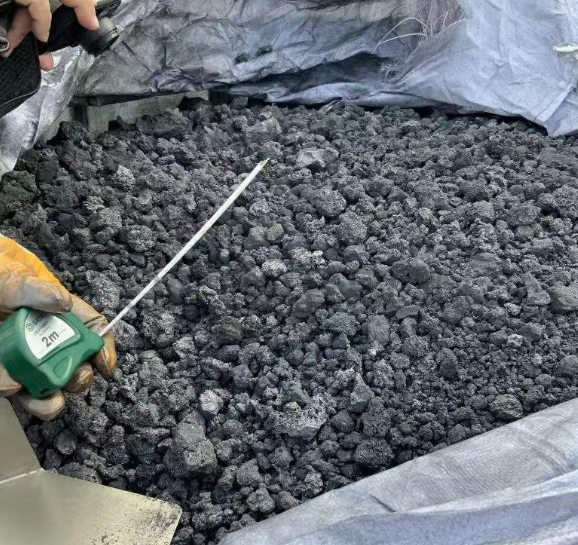
Calcined petroleum (also known as Petcoke), a solid byproduct from the oil refinery process, is rich in carbon. It is a dark grey to black, coal-like material that has been heat treated to reduce its flammability and make it suitable for use as a fuel. It has a wide range of industrial uses, including the production and smelting of aluminium. It is also a good insulator that can be used for electricity production.
The production of calcined petroleum coke requires large amounts of energy. Some manufacturers are trying to improve their plants' efficiency in order avoid high energy prices. Installing a coke-gasification system is one way to convert coke into clean-burning fuel. This technology is not only efficient, but it can significantly lower the overall emissions of a plant.

Many other methods have also been developed to reduce calcined Petroleum Coke production's energy consumption. This includes increasing the efficiency of combustion furnaces, reducing temperature in gasification reactors, and using alternate feedstocks for kilns. Some manufacturers are even experimenting with biorenewable fuels to replace fossil fuels.
In order to be useful as an electrical conductor, calcined petroleum coke must have a relatively high surface area and a low porosity. The voids must be filled by air or an insulating agent. The material will be very resistive if the voids between the coke particles are not filled with air or another insulating material.
Researchers connected a uniform, solid disk of petroleum coke to metal wires. The ends were connected to 6V batteries. The calcined petrol coke began to glow as a result of current flowing through it when the 6V battery was turned on. The calcined petrol coke conducts electricity well when placed in liquid.
In the near term, the global calcined oil coke industry is expected to grow rapidly. This is mainly a result of the growing steel, cement and aluminium industry demand. This market is also driven by the resurgence of construction in developing countries.
However, several factors have been limiting its growth. For instance, COVID 19 had a negative affect on the industry. It caused an economic slowdown as well as a reduction of industrial activity. A rise in freight costs also affected the price for green and calcined oil coke.
The calcined petroleum coke market is competitive and fragmented, with several large players operating in the industry. These companies compete each other with technology launches, acquisitions and R&D. These companies are also working on expanding their presence in emerging areas to gain better footing in this market.
In Q1 2023, the price of petroleum coke declined in Europe as construction activities slowed due to high inflation. This reduced the purchasing powers of consumers, thus inhibiting demand. In addition, the labor strike in the Port of Hamburg affected supply.

Write a Message